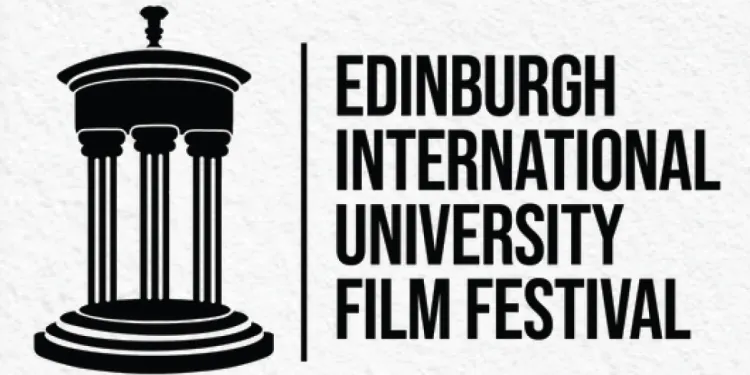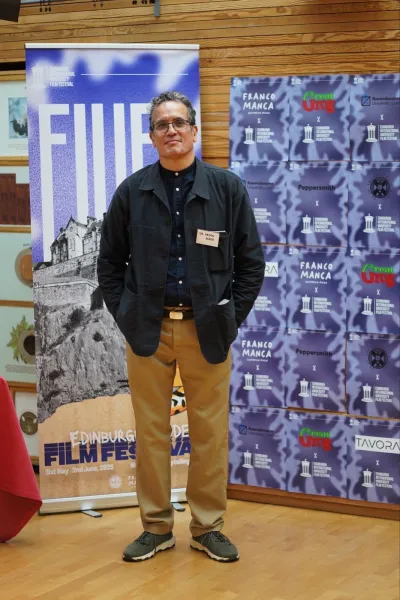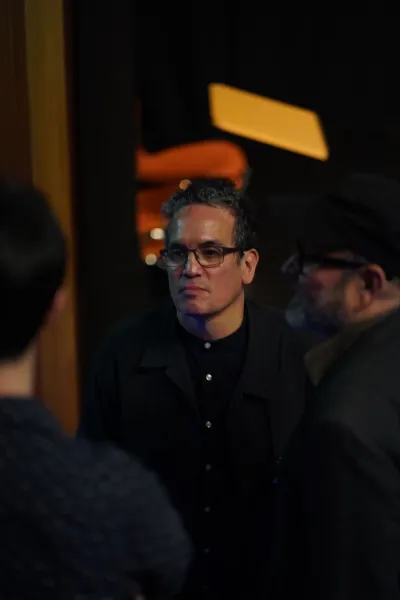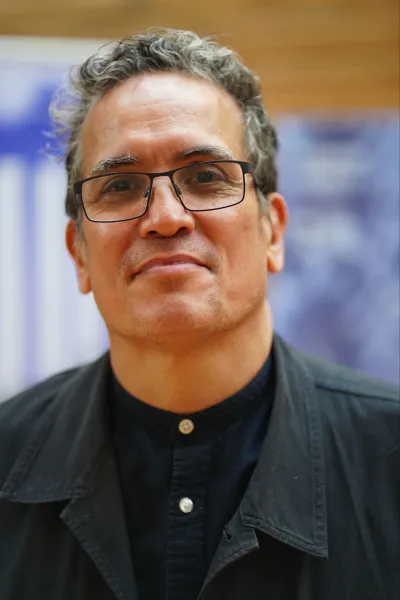Student film festivals are needed more than ever to fix the UK’s broken creative skills pipeline

Article by: Orson Nava
Publication date:I recently acted as a judge at the Edinburgh International University Film Festival (EIUFF). Following that experience, I’m even more convinced that student film festivals are about much more than just showcasing talent.
As someone who works closely with students in the creative industries, I know how important these events are in bridging the gap between education and the industry.
In a country home to more than 280 recognised film festivals, the arrival of another may not turn heads. The EIUFF, however, is different. It’s run by students, for students, and crucially, with student budgets in mind.
It did far more than hand out awards — it provided real opportunities for networking, workshopping, and engaging in professional dialogues. These are experiences that many students would otherwise miss out on, and they’re invaluable for those looking to break into the industry.
At a time where the UK Government has identified the creative sectors as a key driver of economic growth, film festivals like the EIUFF offer a timely reminder of the sheer influence they (and those that host them) hold over the fate of our skills pipelines.
It’s fair to say the film sector is having trouble attracting talent, with up to 21,000 additional workers needed to match the sector’s growth. But the overarching cause — lack of access — is seldom mentioned.
Even when looking to the student film festival landscape, submission guidelines can cater for budgets up to an eye-watering £100,000, creating a clear disincentive for those looking to self-fund their work on an aspirational ‘micro-budget’.
EIUFF gallery

Photo credits: @facendocosephotography

Photo credits: @facendocosephotography

Photo credits: @facendocosephotography
In light of this, the EIUFF set a maximum budget of £5,000 for all submissions and a requirement for total student involvement, with no exceptions.
This solves a common problem by creating a more accessible space for students who are often put off applying for bigger festivals where they cannot hope to match the scale or polish of the better-funded films.
Looking at even a handful of the titans of film — Martin Scorsese, Kathryn Bigelow, Spike Lee — we see a large cohort of individuals who benefitted from a higher education in the creative sector, where exposure to industry advice and events provided formative experiences in pursuing their craft.
With social mobility back on the political agenda, it’s a good reminder for us in the creative sector that individuals and organisations hold the key to creating meaningful access to opportunity.
As a lecturer at Ravensbourne University London, I’m proud to support festivals like EIUFF. It’s a reminder that students come to university not just for learning, but for the career opportunities that can kickstart their futures.
Events like these don’t just deserve celebration, but replication.
To find out more about the EIUFF ahead of next year's edition, visit their website.



